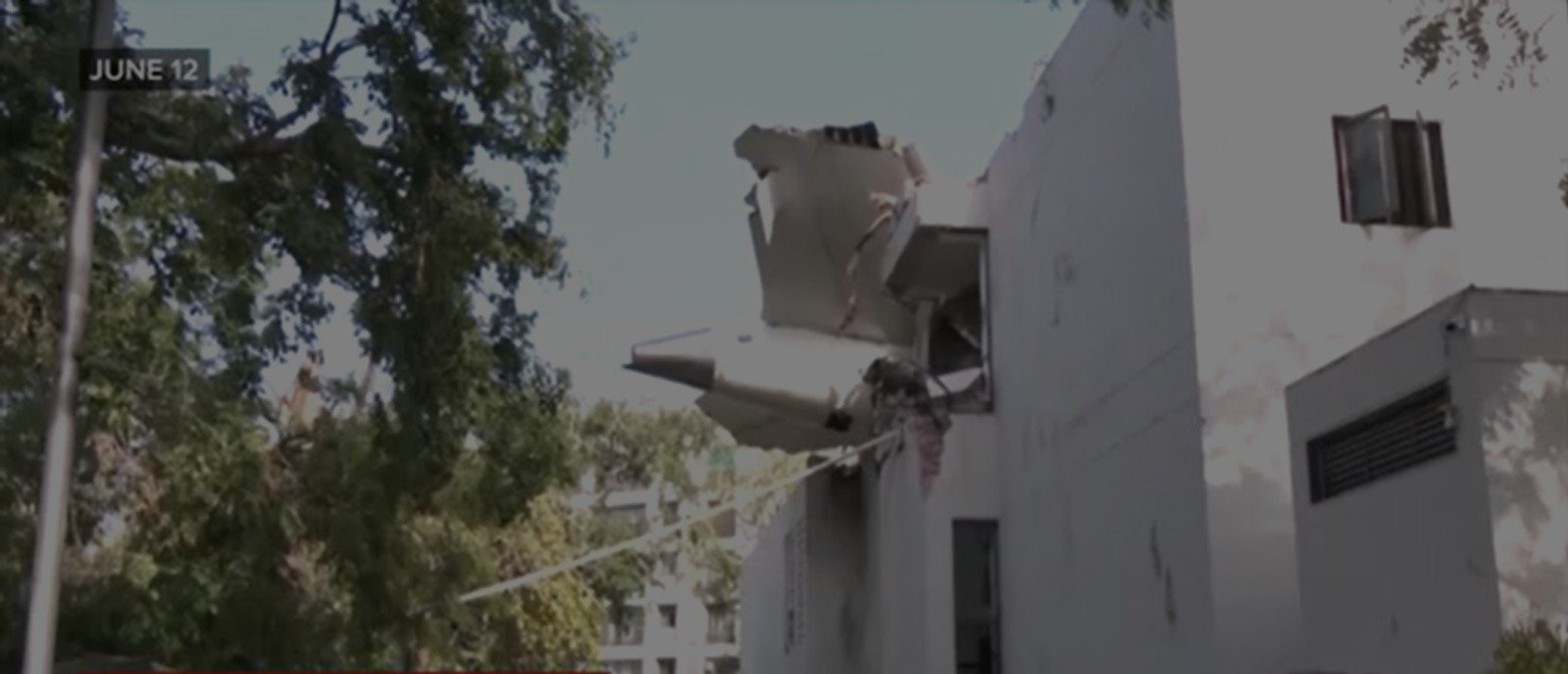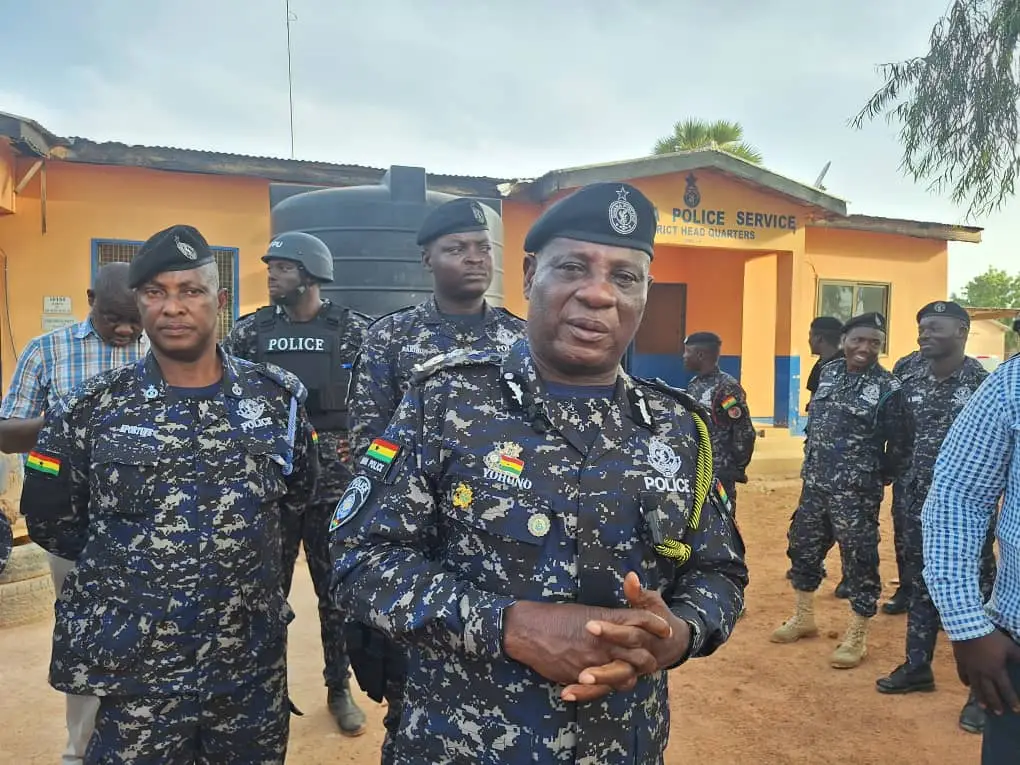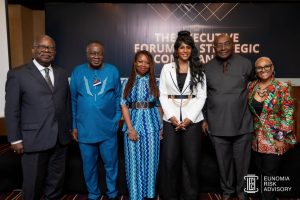
Dr Mustapha Hamid (left) Minister of Inner City and Zongo Development addressing the press yesterday.
Waste sorting centres are to be set up for waste from homes to be recycled as part of measures to address the sanitation challenges of inner cities and Zongos.
The sector minister, Dr Mustapha Abdul-Hamid at the meet-the-press series in Accra yesterday, said the intervention which would start this year, would help turn waste into other useful items.
“Now there is technology that converts all these waste into electricity and other recyclable materials. So we want to create these sorting centres to leverage on the technology and the waste as resource,” he said.
He said the ministry was in discussion with some waste management companies to cart the waste away from the communities and recycle into diverse products.
To whip up interest in the segregation, he hinted that incentives were being considered for residents in the communities which adhered to modalities for the process.
Still on sanitation, Dr Abdul Hamid disclosed that the ministry was teaming up with the Ministry of Water and Sanitation to find a lasting solution to the perennial flooding of the Aboabo storm drain in Kumasi.
Until then, he said the ministry would continue to periodically dredge that drain and construct more drainage systems to avert flood related disasters in inner cities and Zongos during rainy seasons.
He announced that nine out of 15 water systems with capacity of 2,000 litres have been constructed for 15 communities in the Eastern Region, with collaboration with Qatar Charity, a non-governmental organisation.
On recreation, he said all astro-turf parks and green parks being constructed in communities, to host events and sporting activities, were at various stages of completion and would be handed over when they were completed.
Dr Adbul-Hamid said through the Zongo for Peace and Development initiative which involves social engagements, efforts were being made to erase the tag that Zongos and inner cities were “store houses” of violent people, where people went to ‘buy’ trouble makers to serve their interest.
He announced that 300 women would benefit from the pilot of the Zongo Cuisine Promotion Project while several youth would benefit from software training programme that aims to move the youth from cyber fraud.
On education, he said 3,000 Arabic instructors had been recruited to teach in Islamic schools across the country to help the development of the language, in fulfilment of a 2016 campaign promise of the government.
WorldReader, a non-governmental organisation, he said was supporting the ministry to distribute books and mobile libraries to inculcate in school children, the reading habit.
He noted that plans by the government to address the developmental deficit in the inner cities and Zongos, for which reason the ministry was set up was on course and that government would remain resolute.
By Jonathan Donkor
Read Full Story



















Facebook
Twitter
Pinterest
Instagram
Google+
YouTube
LinkedIn
RSS